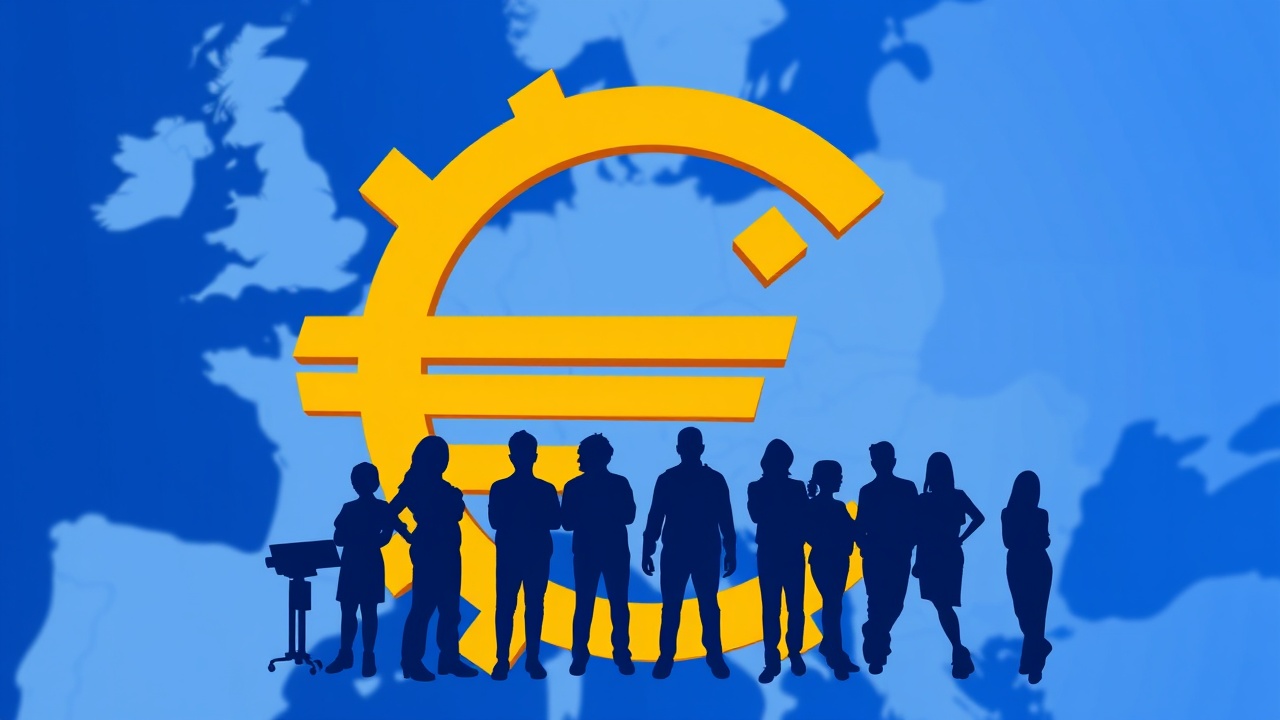The European Central Bank’s Digital Euro Initiative
The European Central Bank (ECB) has begun forging partnerships with technology providers as it sets the stage for a potential launch of a digital euro. On Thursday, the central bank disclosed that it had reached framework agreements with seven different firms involved in developing essential components for its central bank digital currency (CBDC), with more announcements expected soon.
Key Areas of Focus
These agreements focus on key areas such as fraud prevention, secure payment information exchange, and software development. Noteworthy among the selected technology firms is Feedzai, which utilizes artificial intelligence to combat fraud, along with the security specialist Giesecke+Devrient.
Dr. Ralf Wintergerst, CEO of Giesecke+Devrient, commented on the recent agreements, indicating that his company, along with other successful bidders, will collaborate closely with the ECB to refine planning and establish timelines. He emphasized that their work will be conducted under the oversight of the ECB Governing Council and will adhere to EU regulations, particularly emphasizing the design, integration, and development of the proposed Digital Euro Service Platform.
Timeline and Regulatory Considerations
Since embarking on the exploration of a digital euro in 2021, the ECB has officially moved into a preparation stage in late 2023. Notably, while the central bank has clarified that the decision to officially launch the CBDC will depend on the adoption of the Digital Euro Regulation, an ECB representative recently hinted that a potential rollout could occur by 2029. It’s important to note that the current framework agreements do not entail any financial transactions; they include provisions that allow for recalibration based on forthcoming legislation changes.
Technological Contributions
Additionally, the technology providers will contribute functionalities such as ‘alias lookup’, enabling users to conduct transactions without needing to know their counterparty’s payment service provider details. Giesecke+Devrient is also tasked with developing offline payment capabilities for digital euro users.
Concerns Over Stablecoins
As discussions around the digital euro progress, ECB and European Union financial regulators have been voicing concerns regarding the risks posed by specific stablecoins in the market. This stance contrasts sharply with the U.S., where a stablecoin regulatory framework was established with bipartisan support earlier this year. ECB President Christine Lagarde has urged EU legislators to work together to mitigate risks associated with stablecoins issued by both local and non-EU entities. Furthermore, the European Systemic Risk Board has issued a non-binding recommendation advocating for a ban on jointly issued stablecoins that share similar characteristics.




